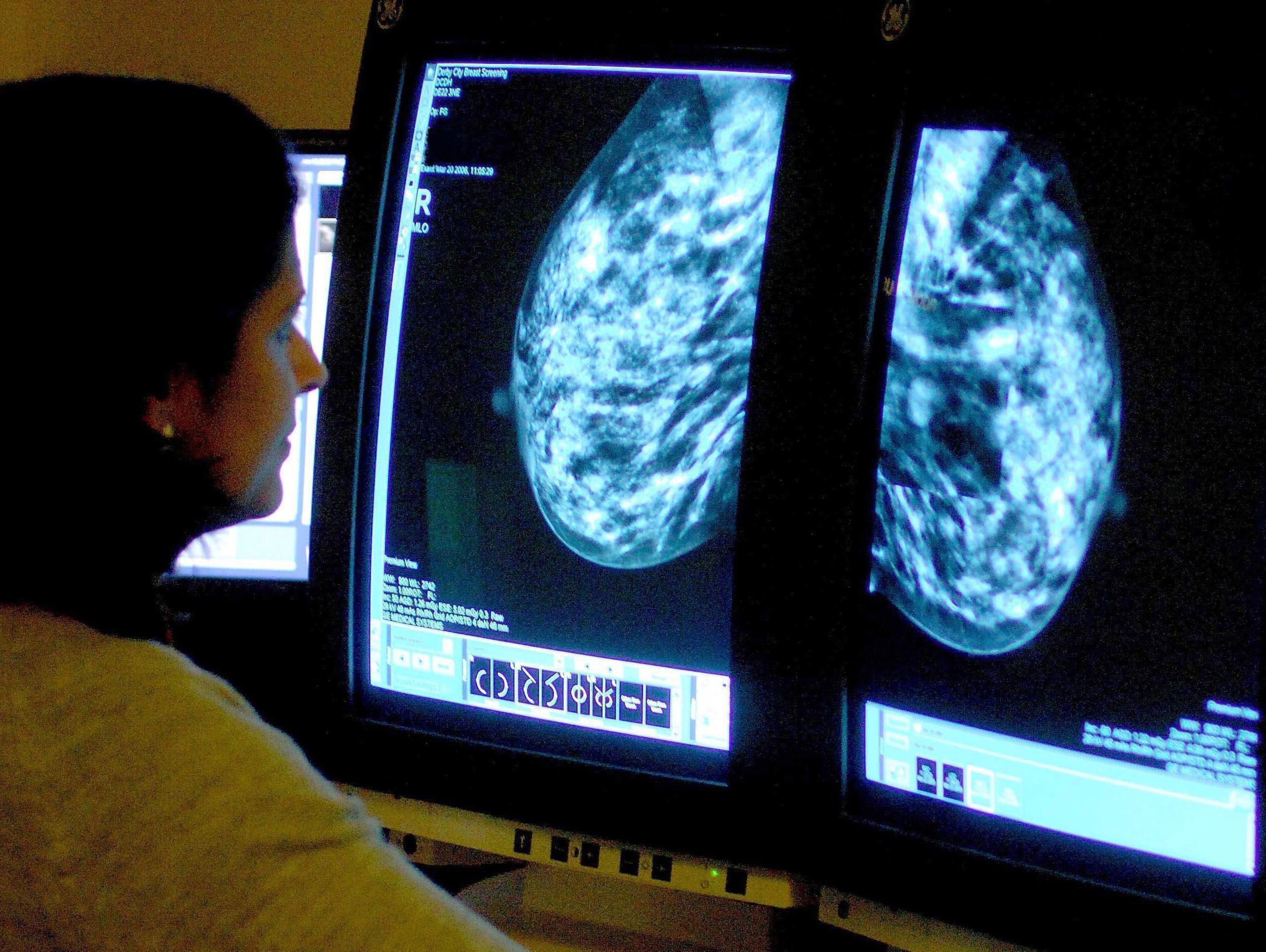Cancer overhaul could see two-week wait to see specialist scrapped
The NHS has proposed new cancer targets.

Your support helps us to tell the story
From reproductive rights to climate change to Big Tech, The Independent is on the ground when the story is developing. Whether it's investigating the financials of Elon Musk's pro-Trump PAC or producing our latest documentary, 'The A Word', which shines a light on the American women fighting for reproductive rights, we know how important it is to parse out the facts from the messaging.
At such a critical moment in US history, we need reporters on the ground. Your donation allows us to keep sending journalists to speak to both sides of the story.
The Independent is trusted by Americans across the entire political spectrum. And unlike many other quality news outlets, we choose not to lock Americans out of our reporting and analysis with paywalls. We believe quality journalism should be available to everyone, paid for by those who can afford it.
Your support makes all the difference.The target for patients to see a specialist within two weeks if their GP suspects they have cancer is to be scrapped under new plans by the NHS in England.
Instead the new “Faster Diagnosis Standard” proposes that patients who have been urgently referred should have cancer ruled out or receive a diagnosis within 28 days.
The NHS said that the current two-week wait target sets no expectation of when patients should receive test results or have a confirmed diagnosis.
The new Faster Diagnosis Standard is a more meaningful target than the current two-week wait that will hopefully improve early diagnosis. If all trusts met the 75% target, it would be an improvement to where we are now
Cancer Research UK said that the proposed new targets should lead to improvements in diagnosis.
Under the new NHS proposals:
– Patients who have been urgently referred, have symptoms of breast cancer, or have been picked up through screening, should have cancer ruled out or receive a diagnosis within 28 days, also known as the Faster Diagnosis Standard.
– Patients who receive a cancer diagnosis will start treatment within nine weeks from the date of referral, dubbed a 62-day referral to treatment standard.
– Cancer patients should receive their first treatment within a month of a decision to treat following diagnosis, which the NHS calls a 31-day decision to treat to treatment standard.
The NHS said that the plan would help diagnose more cancers earlier and save more lives.
At present there are nine cancer performance targets which span three broad areas, including: the two-week wait between a GP referral and first consultant appointment; a one-month wait for care once a decision has been made to offer treatment for cancer such as chemotherapy, radiotherapy and surgery; and a two-month wait from the urgent GP referral to a first treatment of cancer.
The NHS is supposed to meet a certain threshold for each target, for instance at least 85% of patients should start a first treatment for cancer within two months (62 days) of an urgent GP referral when cancer has been suspected.
But many of these targets have not been met for some time.
In December just 67% of patients received their first treatment in this time frame.
And while the NHS aims for 93% of patients to be seen by a specialist within two weeks after being referred by a GP, the latest figures show that only 79% were in December.
The next set of figures are due to be published on Thursday.
Under the new proposals, the Faster Diagnosis Standard will have an “initial performance threshold of 75%”, meaning that three-quarters of patients should have a diagnosis within a month.
Cancer Research said that it would like to see a 95% target in the future.
The other measures do not appear to have set targets and will be ironed out after the consultation.
Dame Cally Palmer, NHS national director for cancer, said: “Access standards have been key to improving timeliness of treatment for people with cancer since they were first introduced in 2000.
“As we see advances in diagnosis and treatments for cancer, it is only right that these standards are modernised – so that we can ensure patients are diagnosed more quickly and are given the treatment they need as soon as possible, helping us save even more lives.
“These proposed changes are an important part of improving cancer care and so from today, the NHS will be inviting views from patients, staff and the public.”
Michelle Mitchell, chief executive at Cancer Research UK, said: “The new Faster Diagnosis Standard is a more meaningful target than the current two-week wait that will hopefully improve early diagnosis. If all trusts met the 75% target, it would be an improvement to where we are now.
“However, in the long-term to improve cancer survival, we’d like to see a 95% target originally proposed in the 2015 cancer strategy in Sajid Javid’s upcoming 10-year plan for cancer.
“We recognise the target was set lower because of a shortage of cancer specialists, critical to diagnosing cancer across the NHS.
“The Government must provide the extra investment they have promised to grow the NHS workforce. Every moment of delay risks more people waiting for diagnosis and treatment.”
But when asked about workforce, Health Secretary Sajid Javid suggested on Tuesday that there would be no new cash to tackle workforce shortages.
Mr Javid said that he would set out a 10-year cancer plan later this year.
Commenting on the new standards, he said: “These proposals will help us speed up diagnosis times and treatment, and save more lives.
“The NHS wants to hear from as many people as possible – and is seeking advice from patients, staff and the public. Please, make your voices heard.”
– The NHS consultation will run for four weeks and people are being encouraged to submit their views via england.nhs.uk/clinically-led-review-nhs-access-standards/cancer/